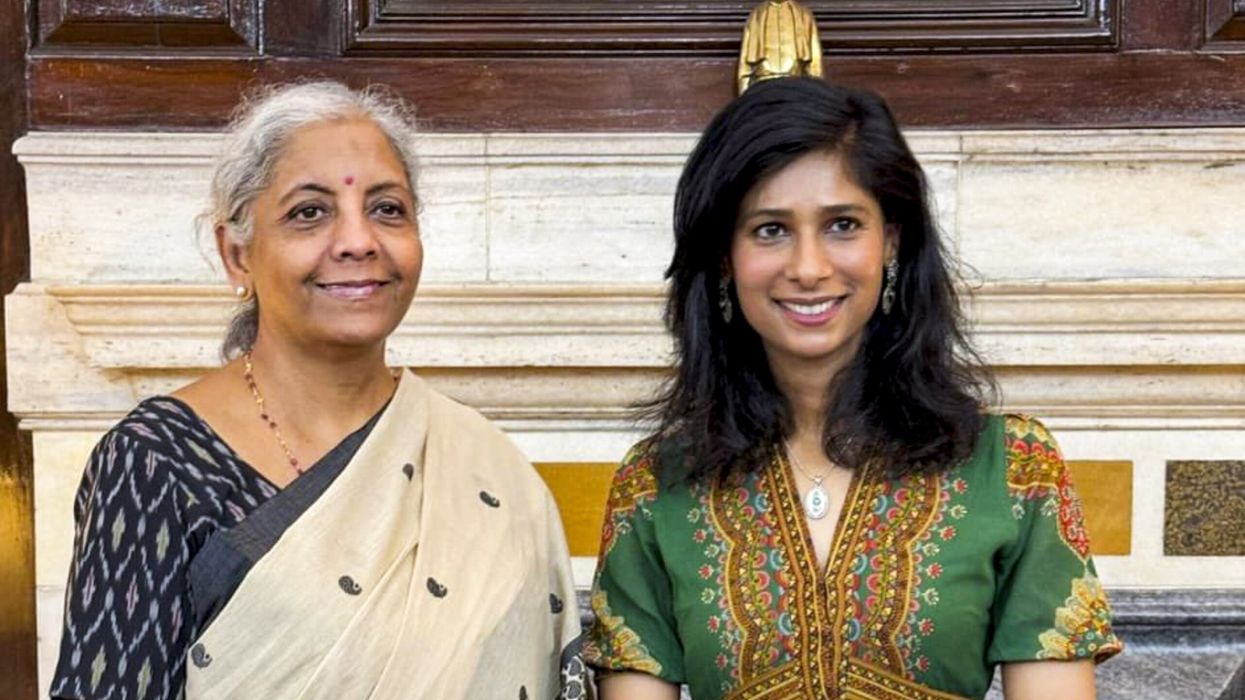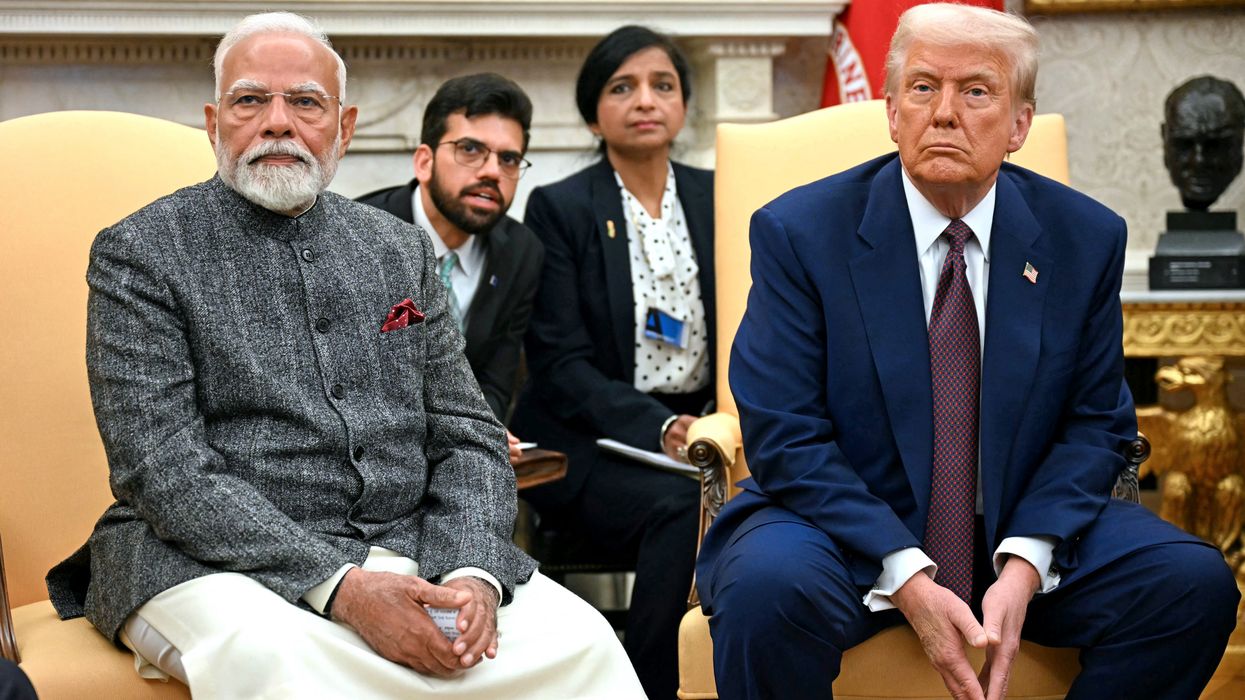IMF deputy managing director Gita Gopinath has emphasised the need for further reforms in India to stimulate economic growth and job creation. She also recommended lowering import tariffs to help India become a significant player in global supply chains.
"India has grown well in terms of its overall growth rate, and at seven per cent, it is the fastest-growing major economy in the world,” Gopinath said on Saturday (17) at an event in Delhi.
"The question is, how does one keep up the momentum and raise it further so that you can increase per capita incomes in India to get to being an advanced economy.”
In an update last month, the International Monetary Fund (IMF) said it expects the world economy to grow 3.2 per cent this year, unchanged from its April forecast.
"Global activity and world trade firmed up at the turn of the year, with trade spurred by strong exports from Asia," said the fund, according to its World Economic Outlook update.
China and India are expected to power activity in Asia - with China's 2024 forecast revised up to five per cent on a private consumption rebound and strong exports.
Gopinath said on Saturday that India will be required to reduce import tariffs if it wants to be an important player in the global supply chains.
"Tariff rates in India are higher than in its other peer economies. If it wants to be an important player on the world stage and an important part of global supply chains, it is going to require reducing those tariffs," the economist added.
She said broad-scale action was needed to acquire the status of a developed country, pointing to role of technology, labour reforms and wider tax collection.
"We have been advising other developing countries too, that it is helpful to broaden the personal income tax base and so that you can have more income coming from there," she said.
Gopinath added, "It is very important to have sufficient progressivity in your tax system... making sure that you are (India) getting enough from your capital gains tax.”
To a question on countries grappling with high spending needs, Gopinath said given India’s development, increasing fiscal space would not be through a reduction in overall spending.
"So India's overall expenditures are going to go up... the creation of fiscal space and any fiscal consolidation should happen through raising revenues.
"It should be through the channel, raising revenues to GDP," she suggested.
India’s Goods and Services Tax (GST) has begun to deliver good results, so if the country can further simplify GST tax rates and broaden its base with fewer exemptions, then it could lead to a raise of about one percentage point of GDP in additional revenue on the expenditure side, she said.
Gopinath also emphasised the need to implement labour reforms passed by parliament in 2019 and also called for investing more in the health of people in the country, making sure that everybody has an equal opportunity to get to a high-income country status.












